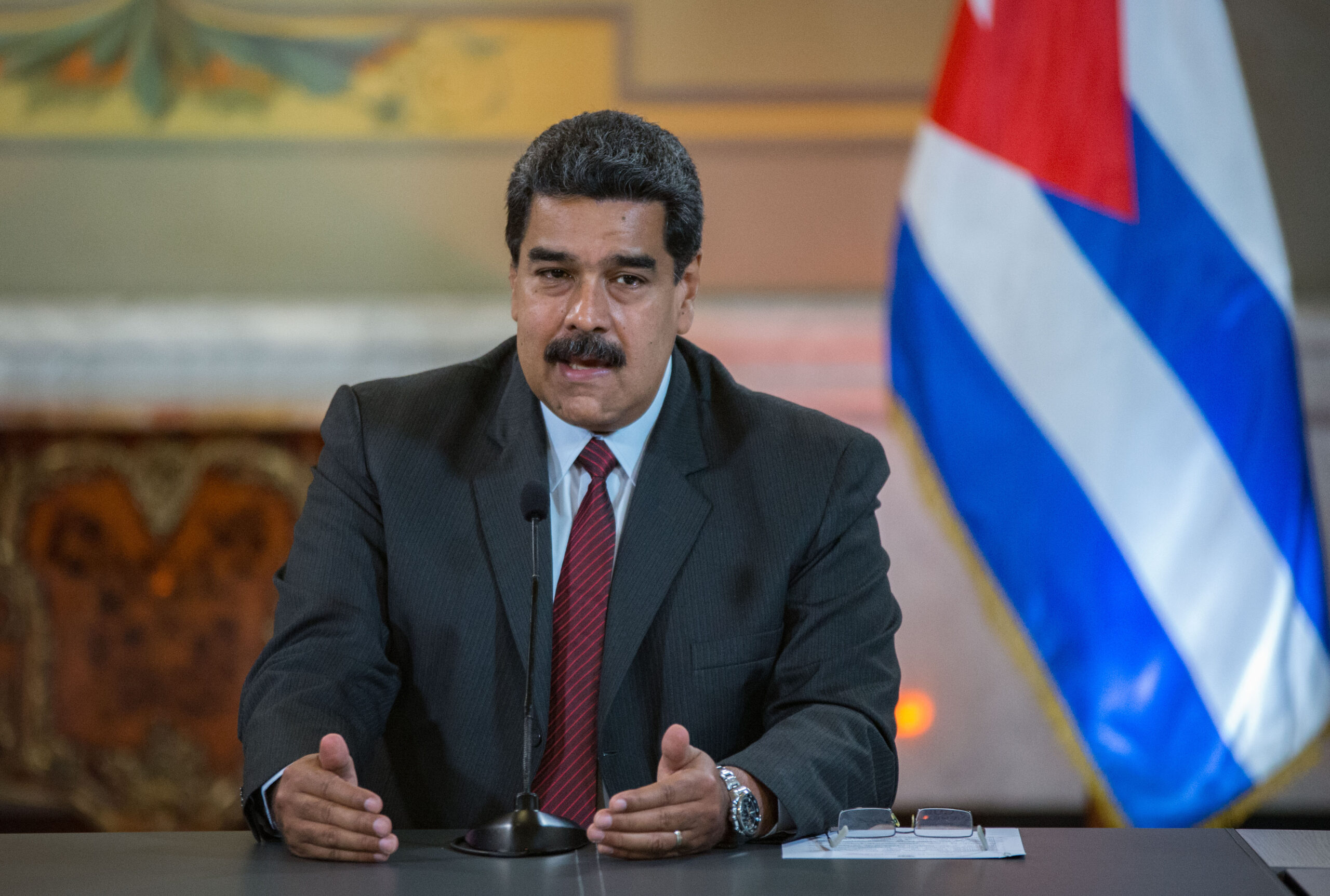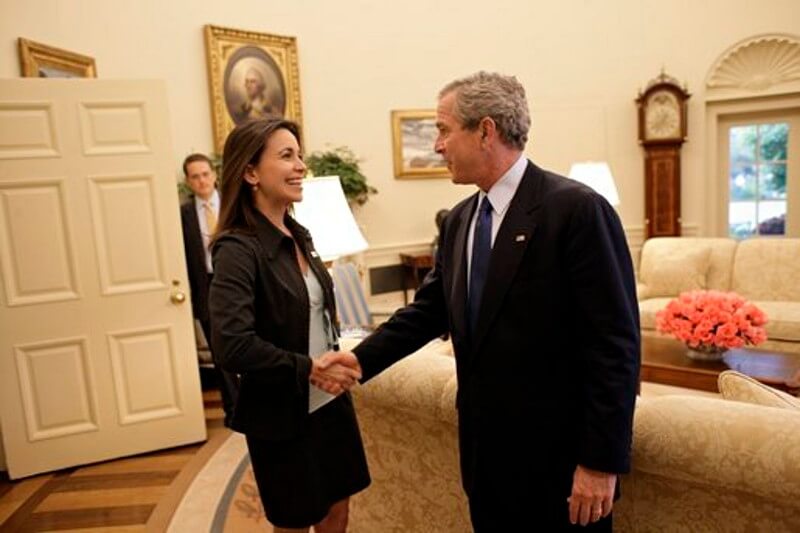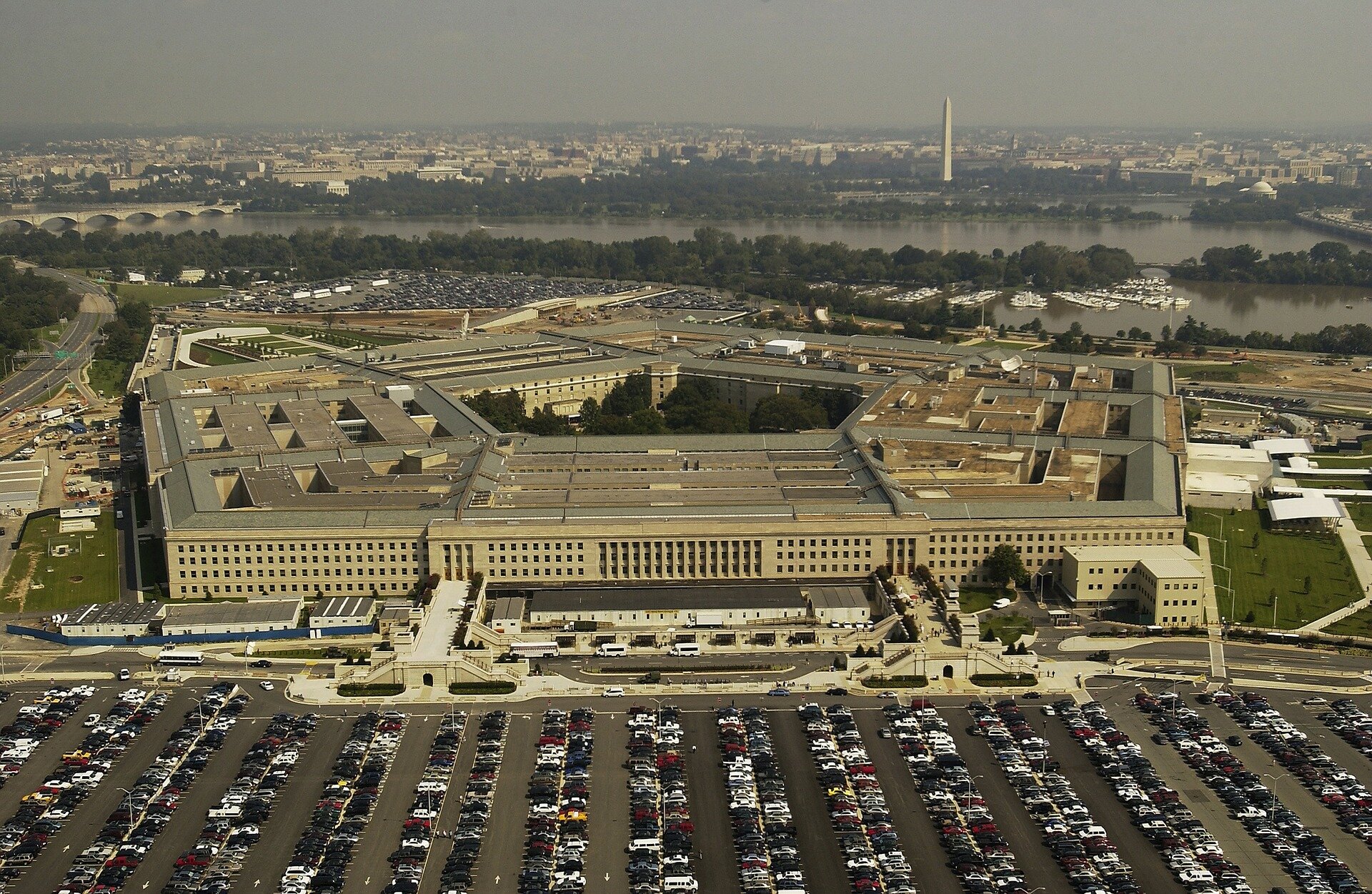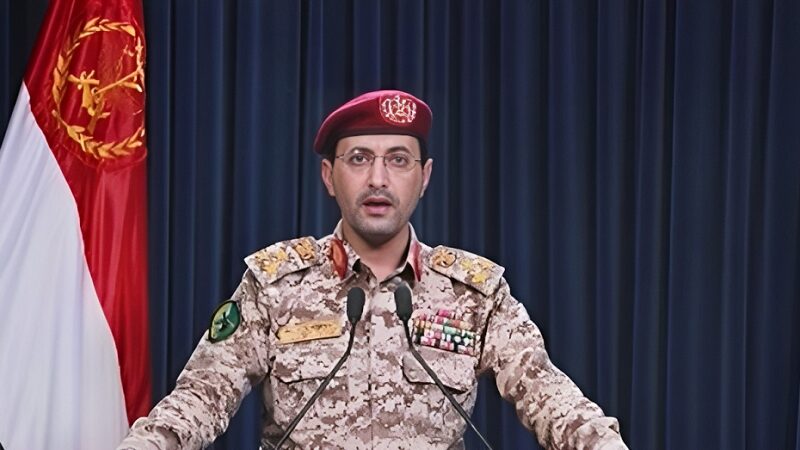Venezuelan presidential elections are set for July 28th, and long-time socialist leader Nicolas Maduro is running again for the Chavistas five years after the United States attempted to overthrow him in a coup d’etat.
The international news media isn’t likely to tune in to Venezuelan news until July, but that doesn’t mean there aren’t newsworthy stories. Rather than celebrating the country as a place where democratic processes are trusted by ruling and opposition parties, and where power is transferred peacefully, US policy considers Venezuela a rogue state, is antagonizing it as such.
In the hours following the National Electoral Council’s decision for the 28th date, President Joe Biden renewed the 2015 Executive Order that declared Venezuela an “unusual and extraordinary threat” to US national security and foreign policy, and the antagonistic acts seem to be increasing in frequency as the nation of 30 million prepares to head to the polls.
On January 30th, the US sanctions authority—the Office of Foreign Asset Control (OFAC)—revoked a previous license allowing transactions with Venezuelan state-owned gold mining firm Minerven. Hundreds of millions in gold assets were frozen by the US and 46 nations that didn’t recognize Maduro as the winner of the previous elections in 2018.
The revocation was effective immediately and allowed only for transactions that wind down operations. State Department Spokesperson Matthew Miller warned the same day that limited sanctions relief for the Caribbean nation’s energy sector approved in October of last year would not be renewed come April.
On February 13th, the US simply captured a Venezuelan state-owned Boeing 747-300 cargo plane in the same way that British privateers would capture Spanish ships in the 17th century and auction them off at treasure court. On June 6, 2022, the Venezuelan aircraft arrived in Buenos Aires with a shipment of automotive parts from Mexico, and upon request to land and refuel in Montevideo, Uruguay, was denied permission, rerouted, seized, and all crewmembers had their passports confiscated.
With so many sanctions in place on the Venezuelan nationalized industries, the plane had been sold to state airline affiliate Emtrasur by a private Iranian airline, and two of its crew were Iranian nationals. In October 2022, the US State Department alleged that one of the two Iranians was a member of the Islamic Revolutionary Guard Corps-Quds Force, an organization Washington designates as terrorists, but provided no evidence for the claim.
The plane has been subsequently auctioned off for spare parts.

Our woman in Caracas
US antagonism goes beyond the economic sphere. On February 1st, AP published a report that revealed a classified Drug Enforcement Agency operation “to surreptitiously record and build drug-trafficking cases” was targeted unilaterally at Venezuelan political leaders, hoping to implicate them in a drug trafficking scheme they had no evidence existed.
“It is necessary to conduct this operation unilaterally and without notifying Venezuelan officials,” read the 15-page 2018 memo expanding ‘Operation Money Badger,’ an investigation that authorities say targeted dozens of people, including Venezuelan President Nicolás Maduro,” AP reports, noting that the authors of the memo knew it was a violation of international law.
“I don’t think President Biden is involved,” President Maduro said in a televised appearance this month when asked about the leaked memo. “But the CIA and the DEA operate independently as imperialist criminal organizations”.
The antagonism was alleviated briefly following a bilateral agreement called the Barbados Accords, which exchanged sanctions relief and political prisoners for promises of electoral inclusion on the part of Caracas. Who is not being included in the electoral process? The White House’s woman on the inside: Maria Corina Machado.
Machado won the opposition primary with a mandate to challenge Maduro and the other parties, but she is currently subject to a 15-year ban on all political activities; a ban which was recently upheld by the Venezuelan Supreme Court. But as WaL reported last week, Machado’s opposition efforts go farther back than what was stated in the ban.
Founder of the George Soros-funded group, Sumate, Machado was the liaison in Washington for the opposition from 2002 to 2010, which included a visit to the White House to meet George W. Bush Jr. This period saw opposition parties like Sumate and Popular Will receive millions from regime change experts the National Endowment for Democracy, and several destabilizing acts within Venezuela including violent street protests and electrical grid sabotage.
In 2015, it was determined that Machado had failed to disclose the full extent of her earnings during her term as a Deputy in the National Assembly. That decision came after another scandal which saw her removed from the National Assembly altogether in response to her acting as Panamanian diplomatic representative for the Organization of American States, a role she did not hold, during a meeting in Washington D.C., in response to which Panama launched a class-action lawsuit against her.
Furthermore, the ban outlined her actions “endangering Venezuelan foreign assets,” including US-based Venezuelan refiner CITGO and Colombia-based agrochemical firm Monómeros, as well as Machado’s repeated support for US-led sanctions on her country, and multiple statements on record suggesting that a military intervention by the US is what was needed to secure change in the country.
“The hard right politician’s embrace of Washington’s numerous regime change efforts in Venezuela, including insurrections, coups, and mercenary invasion plots, has made her candidacy a redline for the Maduro government,” reports the non-partisan outlet Venezuela Analysis.
US officials called the upholding of Machado’s political ban “deeply concerning” and have said they are reviewing additional sanctions as a result. Latin American hawks Marco Rubio and Rick Scott wrote a letter to President Biden asking him to “recognize her as a candidate,” which would be pure interference according to international law.
National Assembly President Jorge Rodríguez took to social media to attempt an analogy that might get through to Western readers about the ban on Machado.
“Mr. Brian Nichols,” he starts in response to Washington’s tzar for Latin America, Brian Nichols. “what would the United States government do if an American politician proposed that Russia and China invade the United States? The penalty for that politician would be life imprisonment Mr. Nichols!” WaL
PICTURED ABOVE: Current opposition candidate Maria Corina Machado meets George W. Bush Jr. in 2002. PC: White House.
We Humbly As For Your Support—Follow the link here to see all the ways, monetary and non-monetary.



